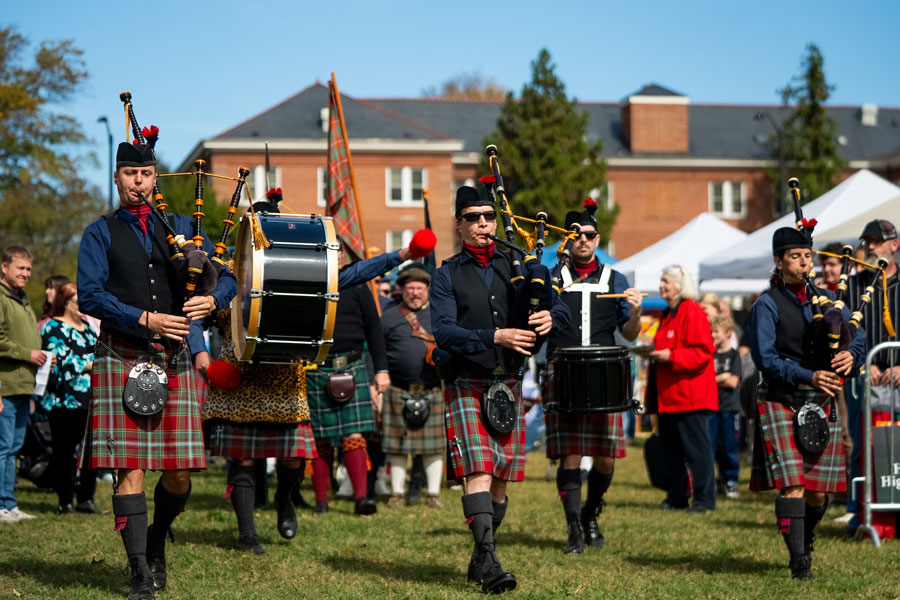Radford University
Radford News
2025 Top Adventure College
#1 in the Southeast and Mid-Atlantic
Thanks to the strong support from students, faculty, staff, alumni and fans, Radford rose to the top for its incredible access to outdoor recreation, thriving campus culture and commitment to adventure. With the New River and Blue Ridge Mountains as our backyard, there's no better place to learn and explore.
Latest News
-
In Memoriam: Dean Frances A. “Bonnie” Hurlburt ’58
October 22, 2025
Frances A. “Bonnie” Hurlburt passed away Sunday in Williamsburg, Virginia, at the age of 88.
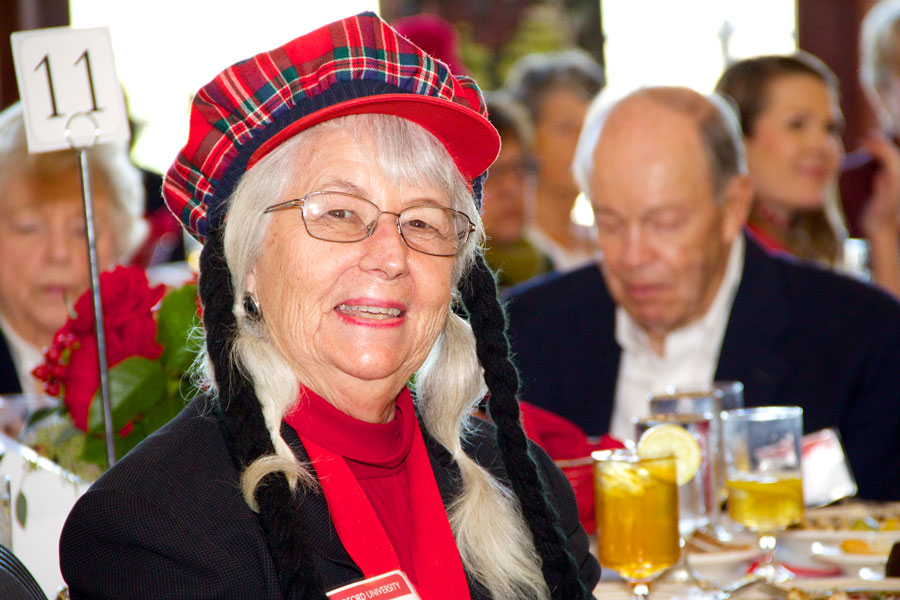
-
Amber Gordon spent the summer in Coast Rica examining how the size of habitats influences mixed-species associations between squirrel monkeys and capuchins in the rainforest.
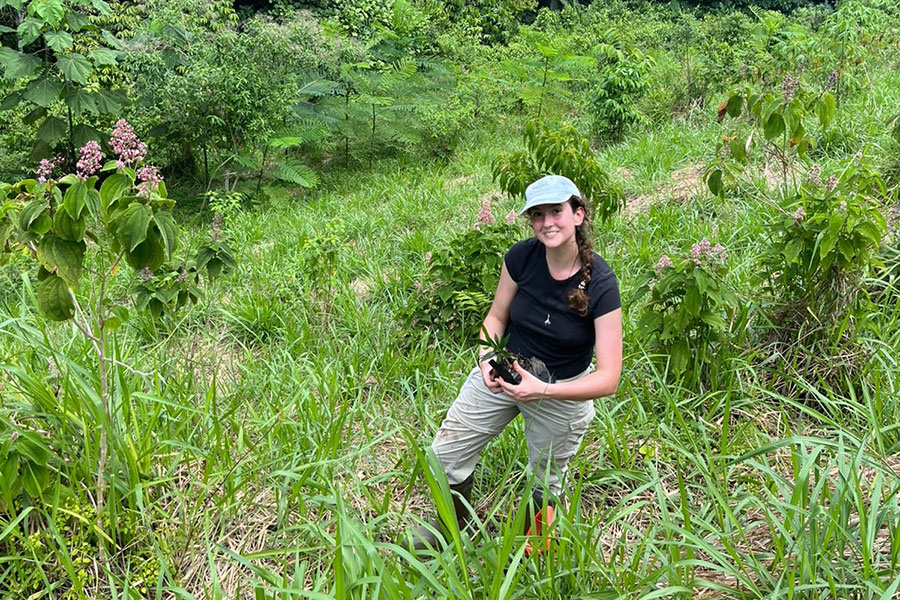
-
Hive of campus activity brings Highlanders together for Homecoming
October 17, 2025
Homecoming 2025 buzzed with Highlander pride: the fountain fence came down, alumni were honored and campus brimmed with reunion energy.

-
Highlander Highlights: Week of Oct. 13
October 17, 2025
Highlander Highlights shares with readers some of the extraordinary accomplishments happening on and off campus through the tireless work and curiosity of our students, faculty, staff and alumni.

-
Agida Manizade named Assistant Provost for Graduate Affairs
October 16, 2025
Radford University has appointed Agida Manizade as assistant provost for Graduate Affairs.
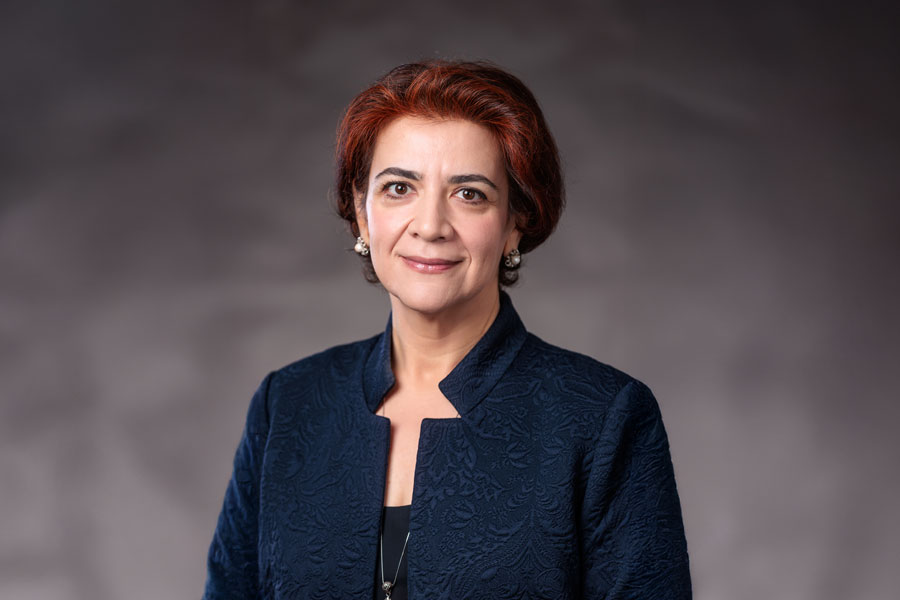
-
A record-breaking 796 new graduate students have enrolled for the fall 2025 semester, marking the highest new degree-seeking graduate enrollment in Radford University history.
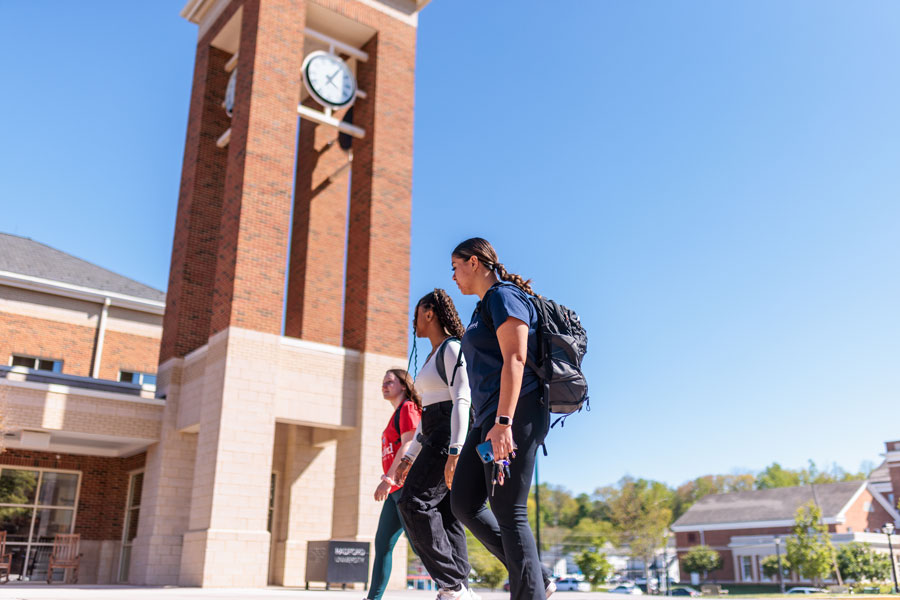
-
Radford University tops participation in Scholars Transforming Through Research, four years running
October 16, 2025
Only 38 teams were selected nationwide this year, and Radford fielded the largest representation, marking four consecutive years of participation unmatched by any other institution.
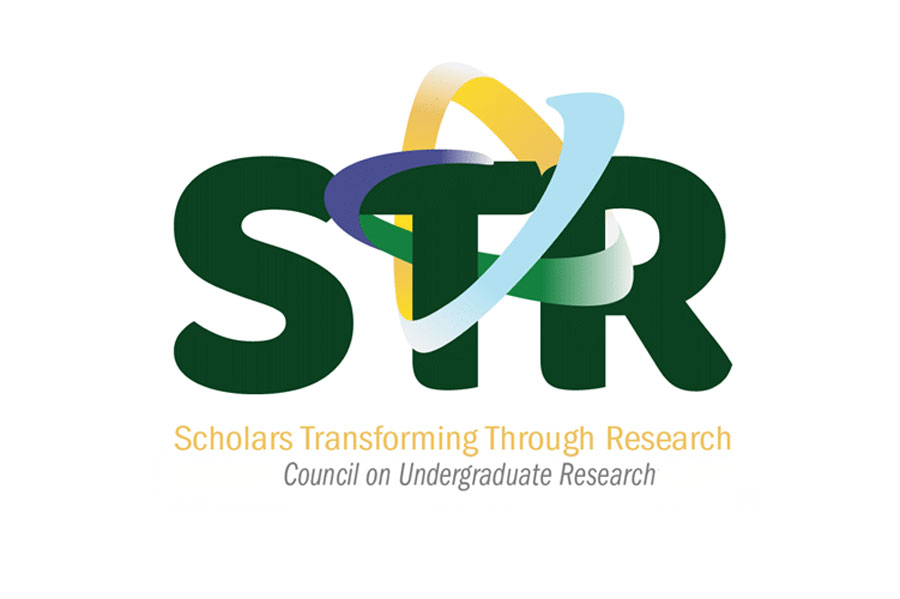
-
From caber tosses to bagpipe rock, the 29th Radford Highlanders Festival filled Moffett Lawn, with Homecoming weekend turning up the volume.
